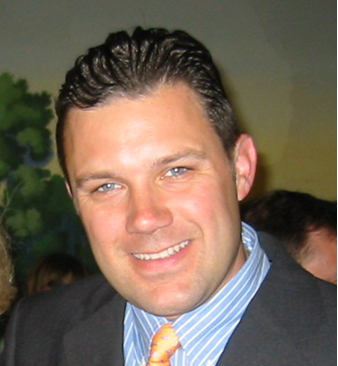
Guidelines for Best Practices for Water Quality Post COVID-19
-
Register
- Non-member - $130
- Member - Free!
- Member Officer - Free!
The COVID-19 outbreak is showing signs of slowing down, but unfortunately, a different risk is now ahead when opening dormant buildings with stagnant water systems. Several weeks of zero flow or low flow and tempered water can result in an increased risk of legionella, microbiological growth, heavy metals leeching, and increased corrosion within our plumbing systems.
This presentation will examine essential steps a building’s facilities team should consider to maintain water quality and safety in plumbing systems of unused or slightly used buildings. It will also examine the proper recommissioning of equipment.
Content Outline:
- Initial steps to take in reopening a building –5 minutes
- Mapping your plumbing system – 5 minutes
- Establishing a flushing regime – 10 minutes
- Establishing a RID plan - Recommission, Inspect, Disinfect – 10 minutes
- Monitoring and testing – 10 minutes
- Maintaining your system after reopening – 5 minutes
Learning Objectives:
Upon successful completion of the course learners will be able to:
- Discover how water in the piping systems of empty buildings can lead to an increased risk of Legionella and other waterborne pathogens
- Learn the initial steps needed to safely prepare to re-open an unoccupied building
- Learn what a flushing regime is, how to implement one, and key considerations
- Learn the testing and monitoring practices vital to opening a building
- Gain instructions on how to recommission, inspect, and disinfect (RID) equipment and fixtures
This webinar is FREE for ASPE Members due to the generous sponsorship of Watts.

The webinar is being held on June 3 at 1 pm CDT and awards 0.1 CEUs for participation. This webinar is sponsored by Watts and they will receive the names and email addresses of registered attendees.
Pricing:
ASPE Members - Free
Nonmembers - $130
Jana Summey
Healthcare Vertical Market Manager at Watts
Jana Summey, Watts Healthcare Vertical Market Manager, has addressed numerous engineering and architectural design and plumbing industry groups on the multi-barrier approach to mitigating Legionella in on-premise plumbing systems – from point of source to tap. Her insight and expertise are based on nearly 20 years’ experience in the MEP (mechanical/electrical/plumbing) design and architectural design industries, where she has most recently focused on how commercial and institutional facilities can reduce the risk of Legionella by implementing best practices and proven solutions.
Recently Jana gained a new perspective on the dangers of Legionella and the need for diligent protection when her mother was exposed to Legionnaire’s disease as a hospital patient. Jana participates in many industry organizations, including HITS, ASHE, and APIC. She earned an MBA at the University of Missouri at Kansas City.

Scott Alford
National Account Manager for the Healthcare sector at Watts
Scott Alford is the National Account Manager for the Healthcare sector for Watts Water Technologies and has over 30 years of mechanical equipment experience in both commercial and industrial markets. Scott has been involved with the application of water heating and cooling equipment in many critical applications, ranging from healthcare to power generation applications, where water quality is paramount to equipment, and overall system performance.